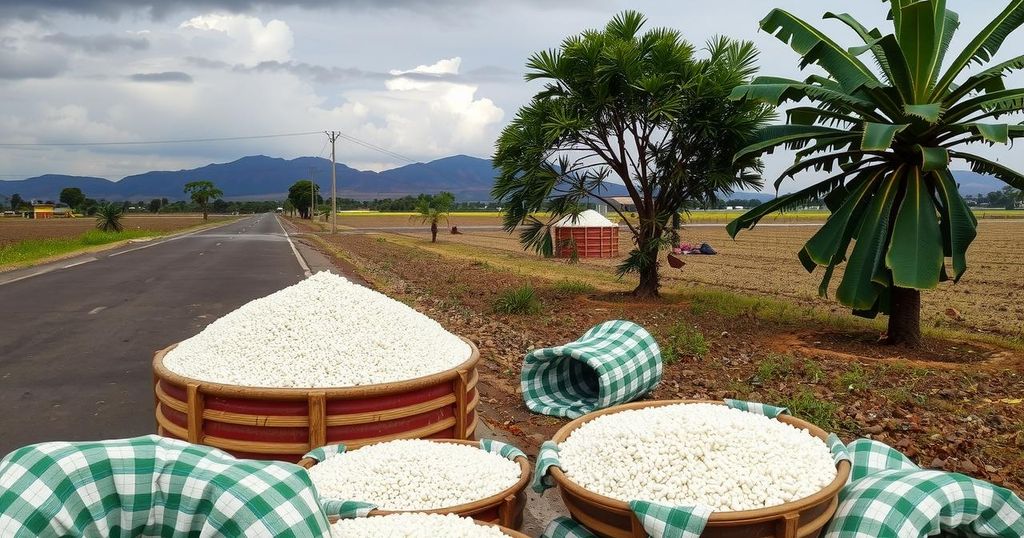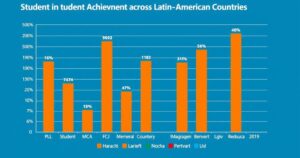Impact of Mozambique’s Political Unrest on Eswatini’s Sugar Exports

Political unrest in Mozambique disrupts Eswatini’s sugar exports, necessitating alternative shipping routes such as Durban, which may increase costs and delay deliveries. The situation poses challenges for Eswatini’s economy and highlights the need for regional cooperation to mitigate the effects of such instability.
Recent political unrest in Mozambique has significantly impacted the sugar exportation processes of Eswatini. The country’s sugar industry relies heavily on the port terminal at Maputo, Mozambique, which is essential for exporting raw sugar to major markets in the European Union and the United States. Due to protests and instability, Eswatini now faces challenges in shipping its products, requiring a shift to alternative routes, such as the Durban port in South Africa, which may lead to increased costs and delays.
Nontobeko Mabuza of the Eswatini Sugar Association (ESA) expressed concerns over the unrest stating it threatens Eswatini’s ability to maintain its export levels. The ESA had previously realized revenues of $305 million from sugar exports in 2023. The instability in Mozambique has also caused significant traffic congestion at the Lebombo border with South Africa, which further aggravates the delays in transportation for importers and exporters.
The protests initiated by opposition leader Venancio Mondlane have disrupted traffic on Mozambique’s major roadways and have resulted in violent clashes, claiming numerous lives. Political activist Solomon Mondlane has cautioned against the potential ramifications for southern African economies reliant on Mozambique for export routes, advising the need for neighboring nations to explore alternative paths to avert possible trade disruptions.
Political analysts suggest that the Southern African Development Community (SADC) must enhance its conflict resolution frameworks to guarantee accountability among member states, particularly in light of the ongoing situation in Mozambique. Additionally, establishing a proactive approach towards internal conflicts within member states may be essential for regional stability.
The political situation in Mozambique has recently deteriorated, resulting in widespread protests and governmental instability that has adversely affected neighboring countries, particularly Eswatini. Eswatini’s sugar industry is notably vulnerable as it relies on Mozambican port infrastructure for its exports to influential international markets. The recent unrest has highlighted the fragility of trade dependencies and the necessity for adaptive measures in response to regional conflicts.
Mozambique’s ongoing political unrest poses a significant threat to the sugar exports of Eswatini, necessitating a reevaluation of trade routes and strategies. The Eswatini Sugar Association has acknowledged the rising costs and operational challenges linked to diverting shipments through alternative ports. Political analysts emphasize the need for stronger conflict management frameworks within the Southern African Development Community to ensure that internal issues within member states do not compromise regional economic stability.
Original Source: www.voanews.com







